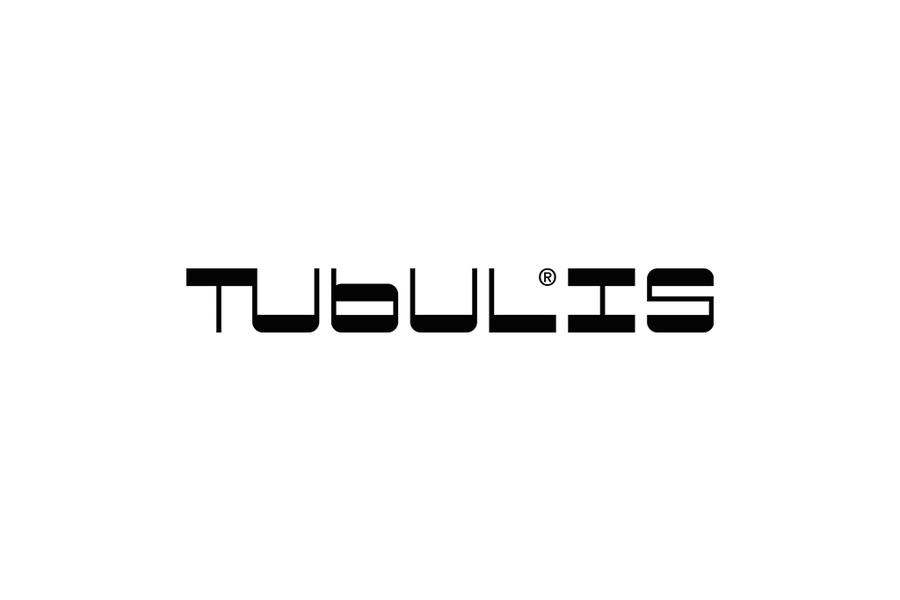BMS goes down the Tubulis route for cancer ADCs

Bristol-Myers Squibb has formed another alliance focusing on antibody-drug conjugates (ADCs) for solid tumours, paying German biotech Tubulis $22.75 million upfront to get access to its linker and payload technologies.
The deal – which has a potential value of more than $1 billion – gives BMS an option to use Munich-based Tubulis’ Tubutecan topoisomerase I inhibitor payload, which can be linked to targeting antibodies using its P5 conjugation chemistry platform.
Tubulis reckons that its platform can help make ADCs more stable, and reduce the toxicity that can occur if, for example, the payload drug is released from the molecule too early. It said the BMS deal is a validation of its platform as a way to develop a new generation of improved ADCs.
Details of the deal are fairly sparse, but it spans multiple “highly differentiated” ADCs for solid tumours, according to a joint statement from the partners. After antibody target selection by BMS, Tubulis will provide its linker-payload to generate a matched ADC for each antibody.
The big pharma will then assume sole responsibility for development, manufacturing, and commercialisation of the ADC candidates.
“With the P5 platform, we will be able to pair the right antibody with the right payload and thus provide potential for meaningful therapeutic benefits for patients,” commented Emma Lees, R&D head of BMS’ mechanisms of cancer resistance thematic research centre.
The first ADC was approved by the FDA more than 20 years ago and, in the interim, more than a dozen have reached the market and hundreds more are in clinical development.
The pace of development has accelerated with the use of new designs to limit toxicity – which was a challenge for the early market entrants – and has attracted some massive deals, including Pfizer’s $43 billion takeover of ADC pioneer Seagen that was agreed last month.
BMS has made ADCs one of the cornerstones of its cancer drug development approach, and the Tubulis deal follows a $3.1 billion alliance with Eisai in 2021 that included a hefty $650 million upfront – reflecting that the deal included an ADC already on the market in Japan. That drug – MORAb-202, or farletuzumab ecteribulin – binds to folate receptor alpha (FRα) and is in phase 2 development in several cancers.
The big pharma’s pipeline also includes a Claudin 18.2-directed ADC acquired as a result of its acquisition of Turning Point Therapeutics for $4.1 billion last year in phase 1, and a BCMA-directed ADC in phase 1 for multiple myeloma.













